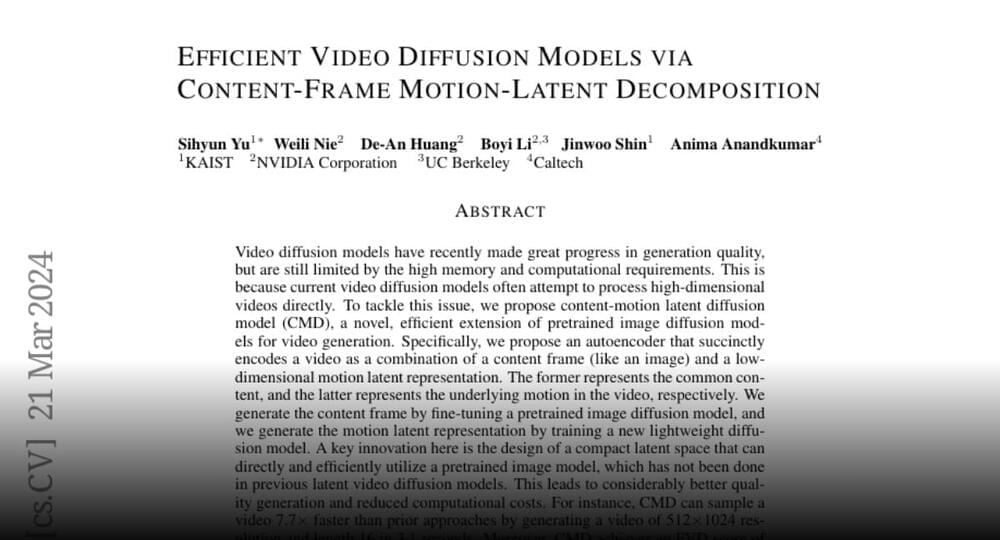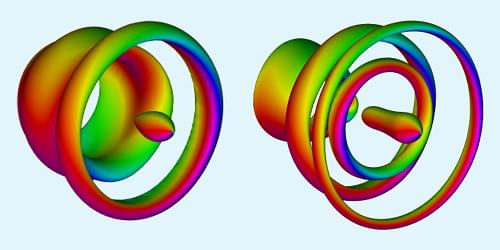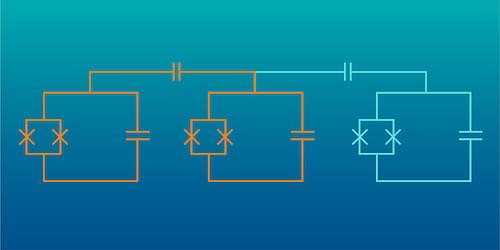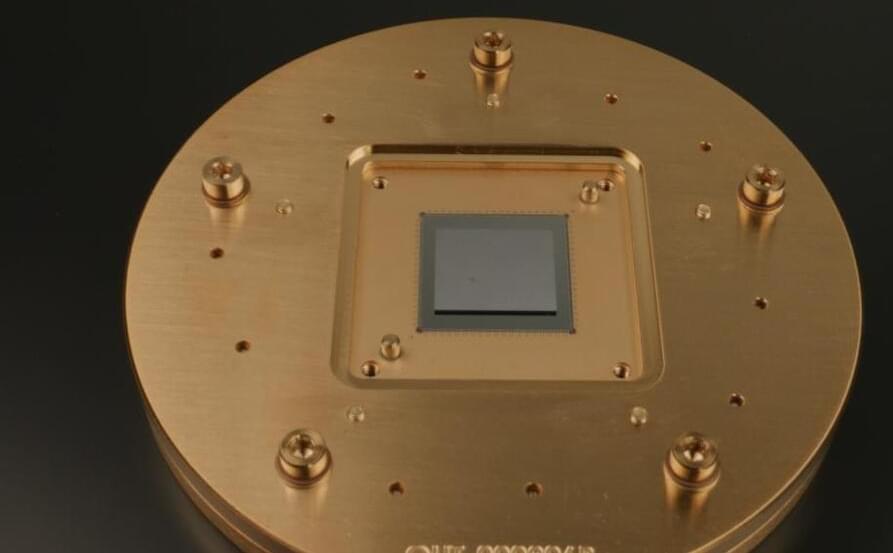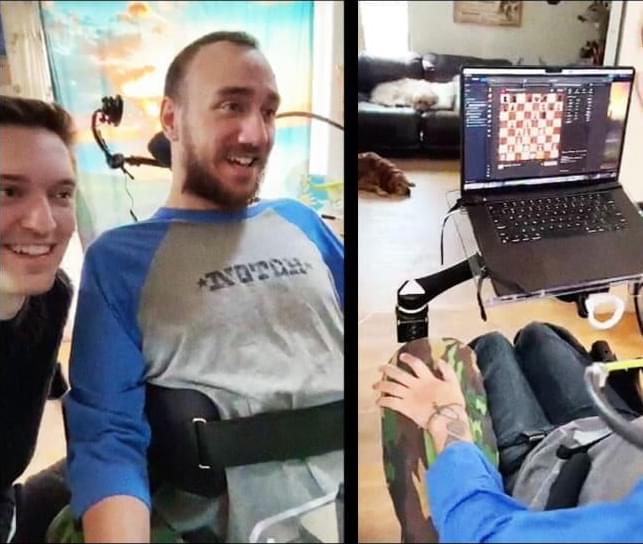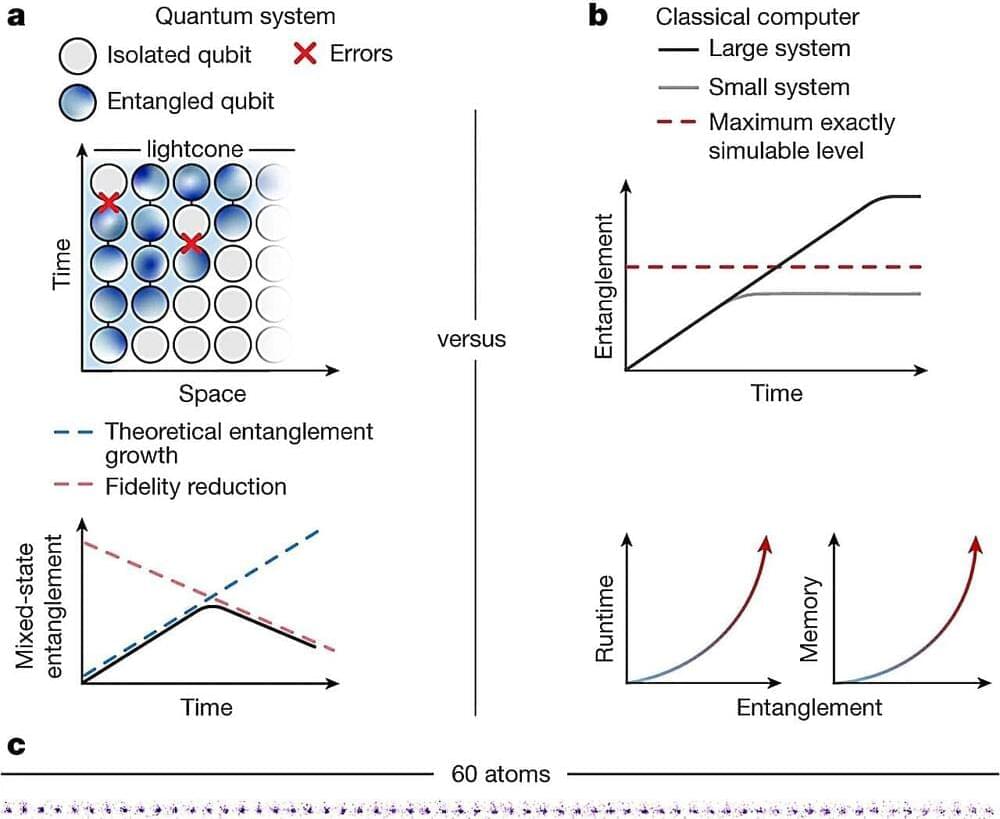I am, I’m slightly embarrassed to admit, quoted pretty extensively in the cover story of this week’s New Scientist magazine (alas, only available to subscribers or those willing to shell out $4.95). The story, by Michael Brooks, is about an interesting recent paper by Lucien Hardy of Perimeter Institute, on the power of “quantum gravity computers.” Lucien’s paper considers the following question: by exploiting quantum fluctuations in the causal structure of spacetime, can one efficiently solve problems that are not efficiently solvable with a garden-variety quantum computer?
As I told Brooks, I really do think this is a hell of a question, one that’s intimately related to the challenge of understanding quantum gravity itself. The trouble is that, until an actual quantum theory of gravity chooses to make itself known to us, almost everything we can say about the question is pure speculation.
But of course, pure speculation is what New Scientist gobbles up with french fries and coleslaw. And so, knowing what kind of story they were going to run, I did my best to advocate giving reality at least a few column inches. Fortunately, the end result isn’t quite as bad as I’d feared.
